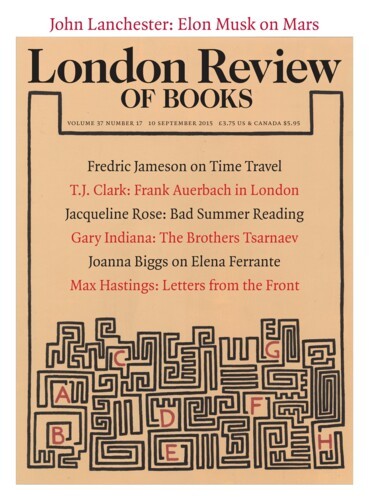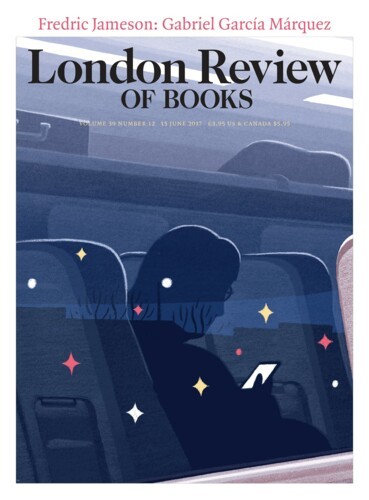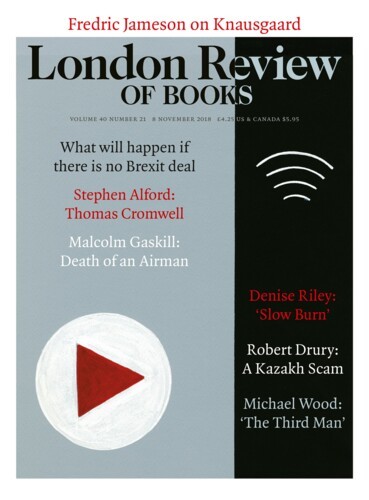Dirty Little Secret: The Programme Era
Fredric Jameson, 22 November 2012
The secret Mark McGurl discloses is the degree to which the richness of postwar American culture (we will here stick to the novel, for reasons to be explained) is the product of the university system, and worse than that, of the creative writing programme as an institutional and institutionalised part of that system.* This is not simply a matter of historical research and documentation,...





